
Lea este blog en español
Sexual health. Wait, don't run away yet. You probably read that and immediately thought about sexually transmitted infections and having to get tested. The intrusiveness of the questions about "partners and practices." The invasiveness of swabs and urine specimen cups. Stay with me though. What if I told you the idea of sexual health could be more? That it should in fact be more?
By most accounts, I am at a disadvantage when it comes to sexual health. If I listened to online comments and conversations from peers and strangers alike, one would think I am "toxic" and should wear a sign on my body somewhere that I am a walking "risk factor" and rendered asexual. Supposedly, HIV makes me "dirty," whatever the hell that means. Sadly, bias among health care providers means they don't ask me sexual health questions because they assume I'm just not doing it. In actuality, my decision to live well with my diagnosis means none of this is true.
Adherence to my HIV medication means my virus is suppressed and my HIV is controlled to an undetectable state, so if I were to be sexually active, I can't pass the virus on to partners. If I wanted to get pregnant and have a baby, undetectable status means my baby can be born free from HIV. Known as U=U, undetectable means I am untransmittable. I am incapable of passing on HIV to my sexual partner. Regular health care appointments to make sure my HIV is managed mean that I can get tested more frequently for other STIs. All of this means if I am in care and stay in care, all my parts and pieces work and are overall healthy. So, what's a girl got to do to get some? And by some, I mean comprehensive sexual health care—of course.
That's where the more I was talking about comes in. All too often we view sexual health through the limited lens of sexually transmitted infections, treatment of STIs or unplanned pregnancy. Health care isn't helped by this narrow view. When people show up for care, clinics often treat them for the STI, but they don't have the interventional—and intentional—conversation that's needed for it to not happen again in six months. When women present for gynecological care, it tends to be only in the context of pregnancy and prevention, or the health of the vaginal microbiome or changes related to menopause. For men, outside of STI testing, it's usually prostate health and erectile function. The 5P's approach—partners, practices, protection from STIs, past history of STIs and pregnancy intention—that is the trained approach. So, what's missing?
Known as U=U, undetectable means I am untransmittable. I am incapable of passing on HIV to my sexual partner.
Conversations about pleasure and mental health considerations for a healthy sex life are missing. Healthy sex doesn't only mean free from infections, it also means being mentally free from shame, knowledgeable enough to be able to safely negotiate sex, and feeling empowered to have the type of sex you want to have. The why of sex and the fun of sex are often missing from conversations with clinicians. Lest we overlook it, transactional sex—or sex for basic needs like shelter, food, or housing—is a part of some folks' sex lives, and that should be acknowledged and addressed as part of staying healthy, too. Education about all the things I've talked about has to become the new normal.
A shift in thinking and education for both clinicians and for the public needs to happen—inclusive of talking to people living with HIV about reducing the internal stigma that contributes to shame and loss of connection to others. By shifting the paradigm around what sex and HIV positivity is, we can start to take the pressure and onus from people living with HIV to always having to be the one who initiates these conversations. That's exhausting, and frankly, mentally detrimental.
Every person deserves connection and affection. I am not toxic and I'm certainly not dirty. I am a healthy, attractive fifty-something-year-old single woman. My heart didn't stop beating and my hormones didn't cease to hormone when I got HIV. I enjoy life. I want a boyfriend/partner/husband. I want a loving, full relationship with affection and physical closeness. I want to have sex. I know—it's shocking. I often want to tell people to calm their moral panic—Hey, lady. Calm your tits!—when I say that out loud and see the judgment take over their face and body language. Not only do I want these things, I deserve them. So does everyone else living with HIV. Shift the paradigm. Let's talk about pleasure.
Be well. You matter.
This blog was originally posted on Positively Aware's "Being Bridgette"


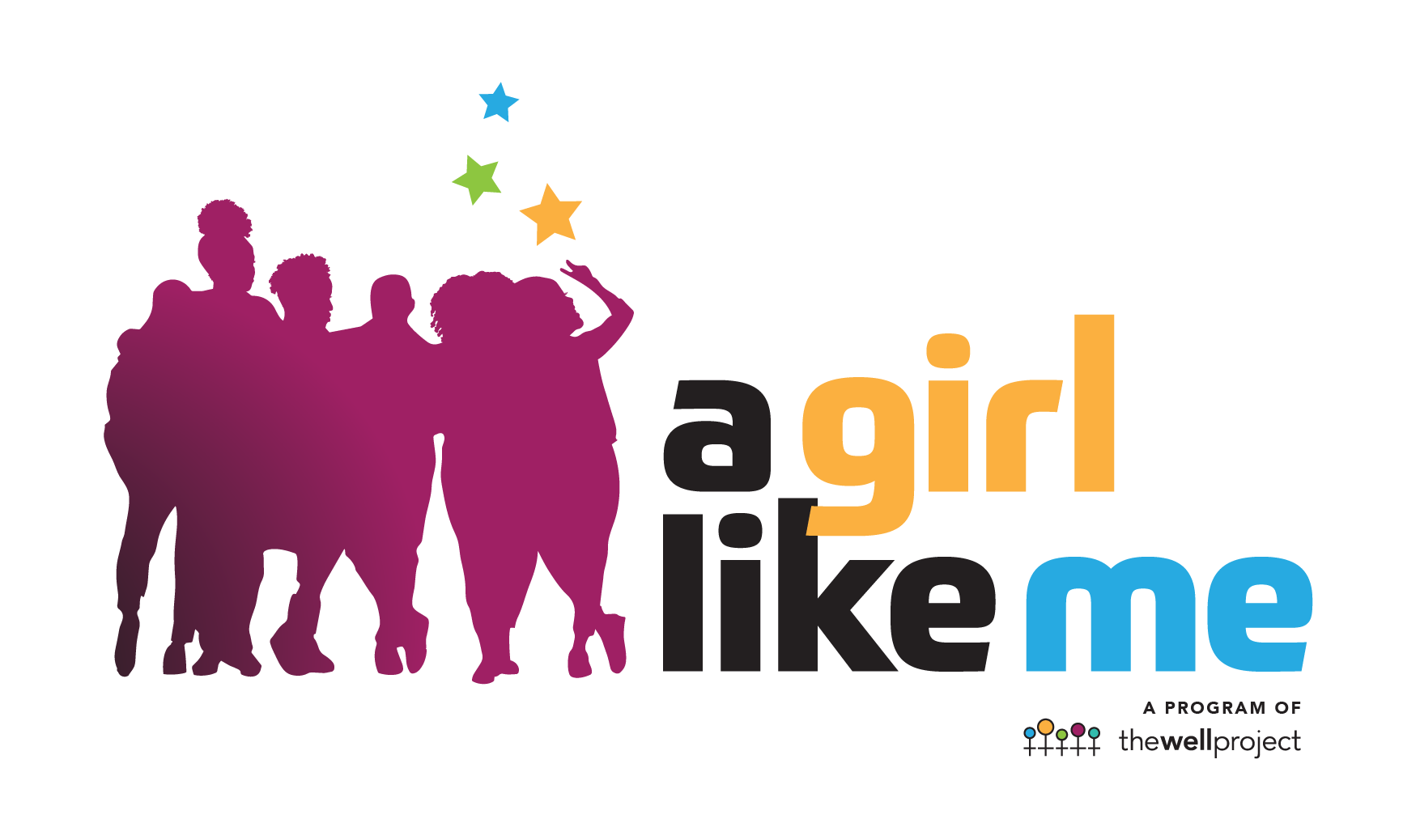
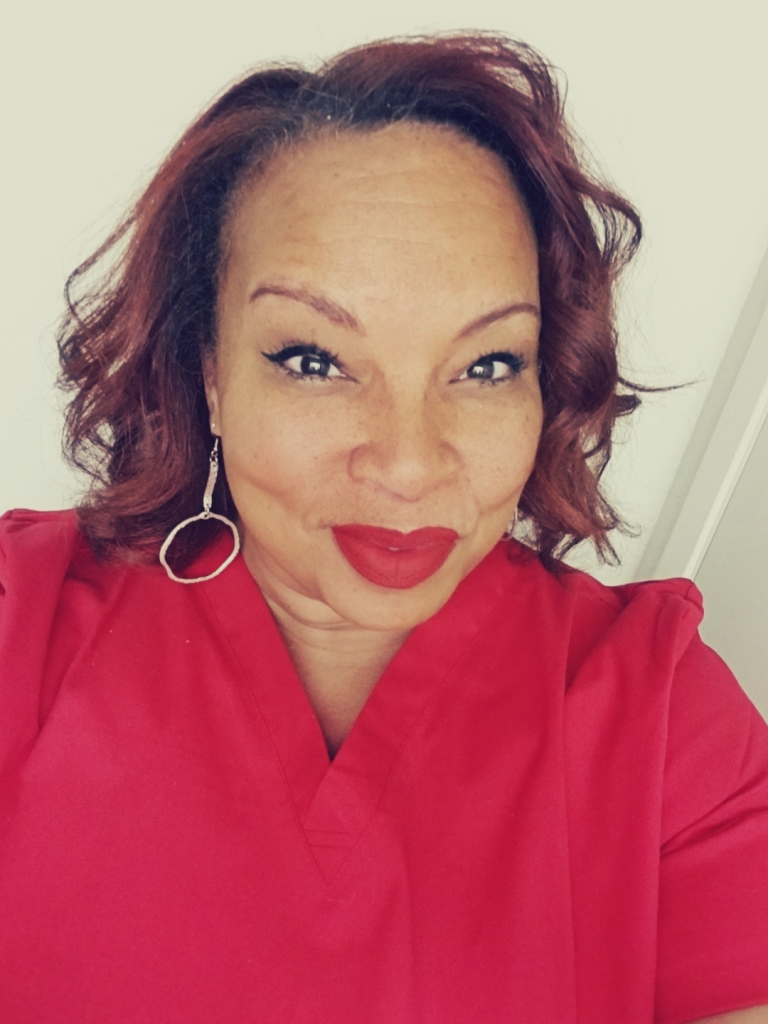
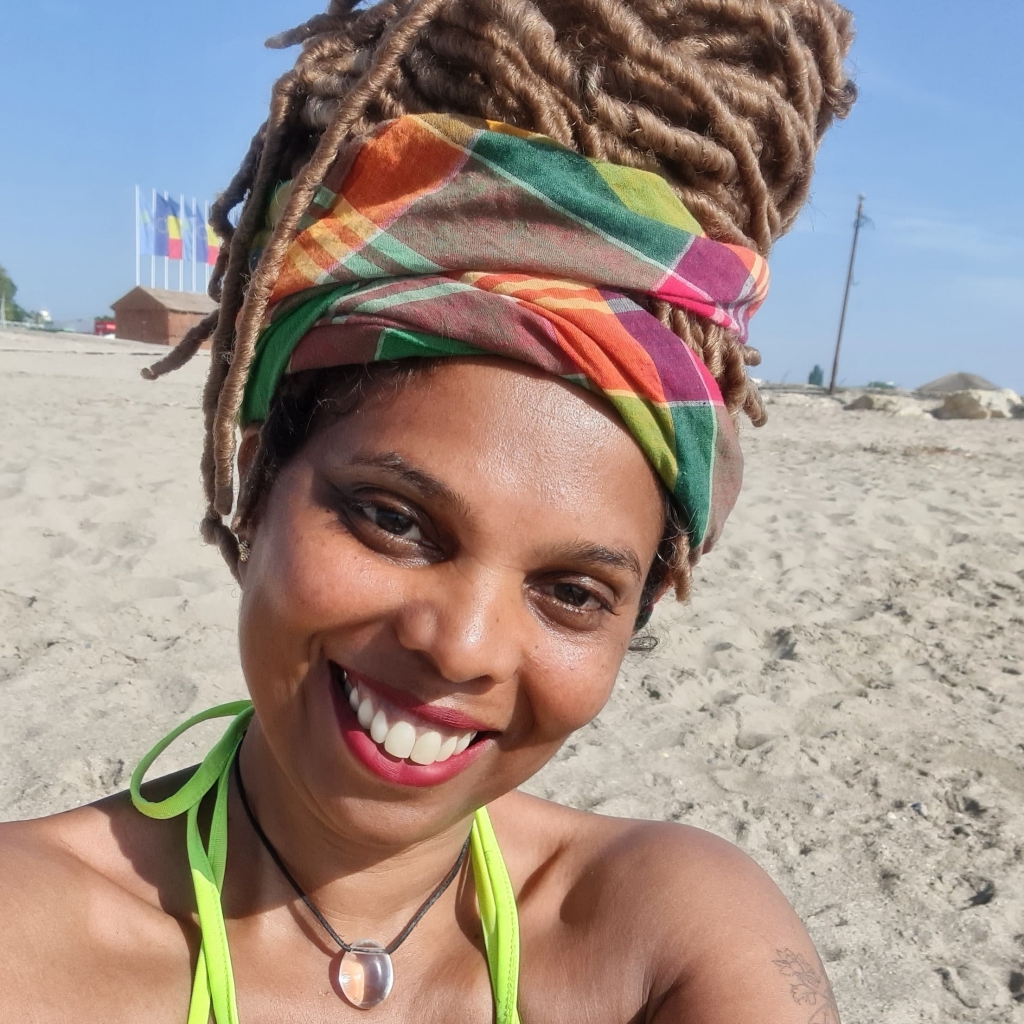
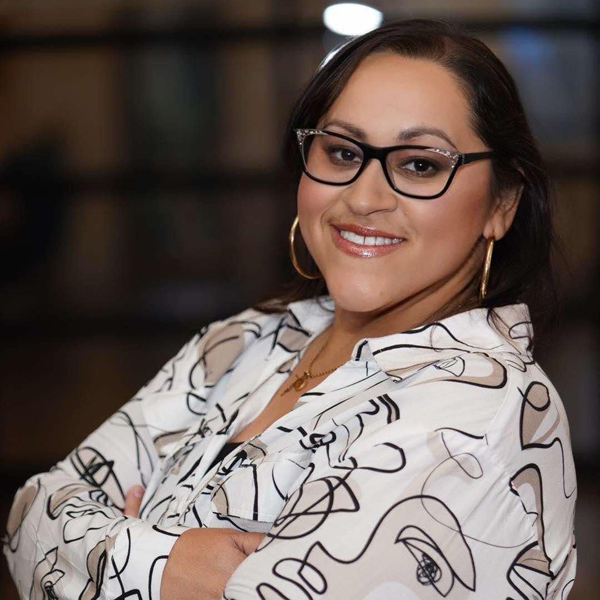
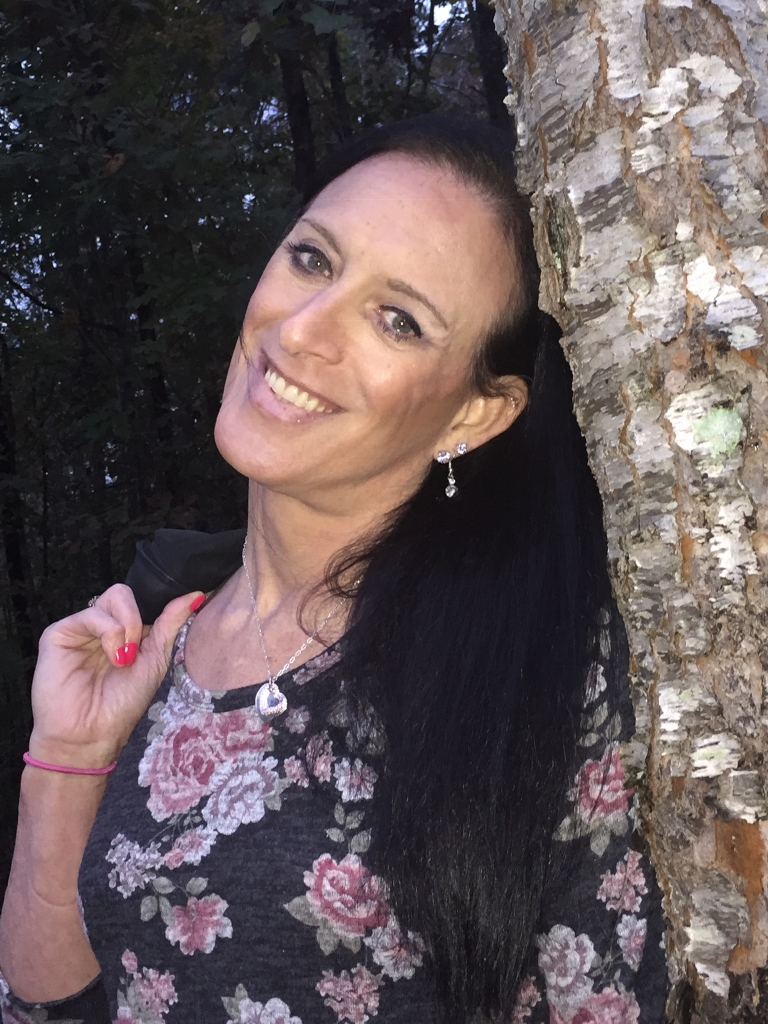





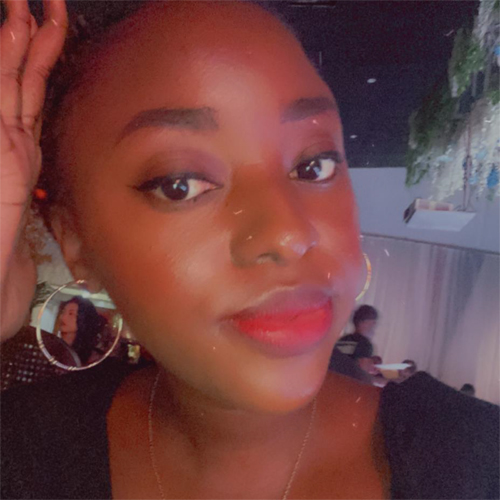




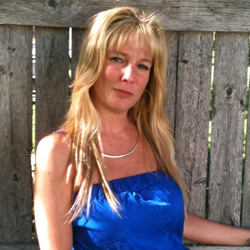







Thanks!
Appreciate you!